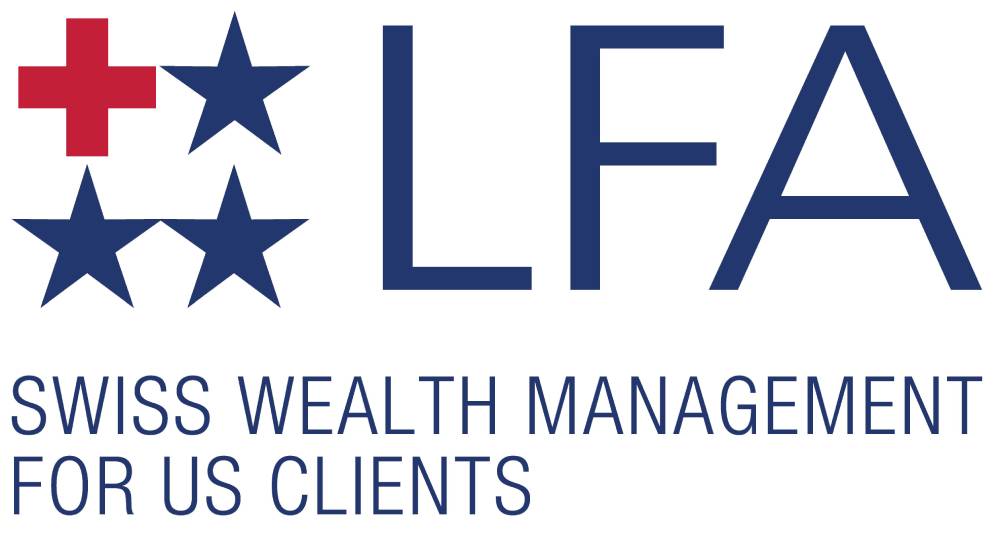Did you know that the U.S. dollar has been the world’s primary reserve currency since the Bretton Woods Agreement in 1944? At Bretton Woods, central bankers from around the world agreed to fix their individual currencies to the dollar. This means that if you were a central bank anywhere in the world and someone wanted to trade in their local currency for a different one, then you could get that currency from your country’s central bank.
Due to factors including inflation and changes in the gold standard, purchasing power has eroded for the dollar over time.
Discover the meaning and power of the dollar, as well as the factors that cause its purchasing power to deteriorate and what you can do about it.
This article answers popular questions on purchasing power, including:
- How much is $1 in 1913 worth in 2020 due to inflation?
- What is the role of the Federal Reserve in controlling inflation?
- What was the gold standard and when did the U.S. dollar separate from it?
- Are all investments negatively impacted by high inflation? Which ones aren’t?
- What is a safe haven currency and why does the Swiss Franc qualify as one?
- Which kind of loan is safest during times when purchasing power is low?
The declining value of the U.S. Dollar

The value of the dollar has been declining for some time now. In fact, it’s lost about 95% of its purchasing power since the 1970s. This is largely because of rising inflation, which reached a staggering 8% in 2022.
In essence, $1 in 1913 had the same purchasing power as $26 in 2020. This clearly illustrates the power of inflation and how it has a major impact on our personal investments.
High inflation drains your purchasing power
Inflation is a form of monetary depreciation in which increases in supply of money lead to increases in price levels without a corresponding increase in real wealth. In other words, inflation means that your dollar buys less and less every day.
If you’re American, you’re not alone in feeling this decrease in purchasing power. The problems causing inflation are global, including the war in Ukraine and supply-chain disruptions. But the dollar is declining at a faster rate than most other currencies.
What role does the federal reserve play in controlling inflation?
One of the ways that the Federal Reserve causes inflation is by increasing the amount of money it creates and puts into circulation via loans and bailouts. The Fed also decreases interest rates in an effort to stimulate the economy.
This creates an oversupply of credit—credit being an extension or line of credit offered by a bank or lender—which drives up borrowing costs and encourages people to spend more freely on goods and services they previously would have saved up for instead.
Separating from the gold standard in 1933
When understanding the dollar, it’s important to know that it used to be completely backed by a gold reserve. Following the lead of Great Britain who dropped the gold standard in 1931, America dropped it two years later.
This controversial action served its purpose of preventing people from hoarding gold, which was a common currency prior to 1933. However, it also gave the Federal Reserve more power than ever over the value of the American dollar.
How does the Swiss franc compare to the U.S. dollar?
With different resources, GDPs, and histories, it makes sense that every country would also have currencies of differing values. Switzerland has long been considered a reliable outlet for wealthy individuals to invest their money, and to this day its currency remains strong.
The Swiss franc has been linked with gold due to its stability and high level of trust. It’s also one of the most stable currencies among European countries. This makes it an attractive option for international investors who want to keep their assets shielded while they wait out any volatility that may occur in today’s economy.
Investing in a safe haven currency
A more stable currency is an investment option that should be highly considered during turbulent times in the market. It’s important to note that different types of safe haven investments may be ideal for various types of economic situations.
Due to its reliability and stability, the Swiss franc is often considered a more stable investment than the U.S. dollar. Unlike the dollar, the franc has maintained purchasing power since 1970.
How to invest when purchasing power is low
When investors see high inflation, some will tend to panic, but it’s crucial to realize that not all investments are negatively-impacted by high inflation. Choosing a smart investment strategy for inflation can ensure that you’re safe in a struggling economy. There are smart ways to invest that mitigate the weak U.S. dollar, and one of them is to invest in a stronger currency.
Furthermore, following general guidelines like minimizing debt can help your portfolio ride out the storm in times of high inflation.
Minimize debt during inflation
It’s well-known in the investment community that debt can be beneficial. Debt is considered good when it’s used to pay for something of long-term value, like real estate. However, when the economy is nearing a potential recession, debt can work against you.
It’s crucial to know how to avoid debt during inflation, because the financial pressure can become overwhelming. Ultimately, debt adds financial pressure since you don’t want to default on your loans. This pressure can be especially daunting during times when your dollar isn’t going as far as it once was.
What kind of loan is safest during high inflation?
If you must have a large loan, make sure that it is fixed rate. Don’t use variable-rate loans or adjustable mortgages, which can be risky during an economic downturn. In addition, avoid credit card debt and payday loans if at all possible. With some professional guidance, a smart strategy can go a long way.
Create other sources of income
In addition to maintaining an emergency fund for challenging times, you can counter a negative downturn in the economy with alternate sources of income. Whether these other sources of income may derive from real estate, gold, stocks, or other investments, these types of investments can be a valuable way to hedge your bets in times of inflation or a recession.
Take action before a recession begins
The vast majority of experts are predicting that a recession will begin next year in 2023. Whether it will happen or not, no one knows, but what is known is that it’s best to take steps so you’re prepared for the worst.
The U.S. dollar has been the global currency standard for decades and many people are still investing in it without thinking about the future value of their assets. But blindly continuing to invest

during turbulent times can vastly reduce your nest egg. Now is the time to take a good look at what you own and ask yourself if it will be worth more or less in five years, considering our current state of inflation.
Learn how to prepare for a recession and preserve your investments by hiring a leading fee-based Swiss wealth manager for U.S. investors who wish to diversify a portion of their wealth outside the country.
Consider investing in the private banks of Switzerland
Smart investing often involves making the best possible move at the right time. While the American economy is struggling to control inflation, you can move some of your nest egg offshore, to one of the 286 banks of Switzerland.
There’s a good reason why 30% of all offshore money is invested with Swiss banks. Investors throughout the world have been taking advantage of the safe haven status of Switzerland for decades, and the results speak for themselves.
LFA provides offshore opportunities you won’t find elsewhere
Are you ready to get into the global market and expand your financial capabilities? As leaders who are bridging the gap between Swiss banks and American investors, our team at LFA offers far more than the standard investment options. From international trusts to European equities, we thoroughly understand the benefit of investing in diverse foreign assets.
Let LFA guide you through offshore investments.
Diversify your portfolio by taking advantage of a broader selection of investments. Whether you need advice for getting rid of your debt or safeguarding your portfolio in a volatile market, we’ll make it happen.


